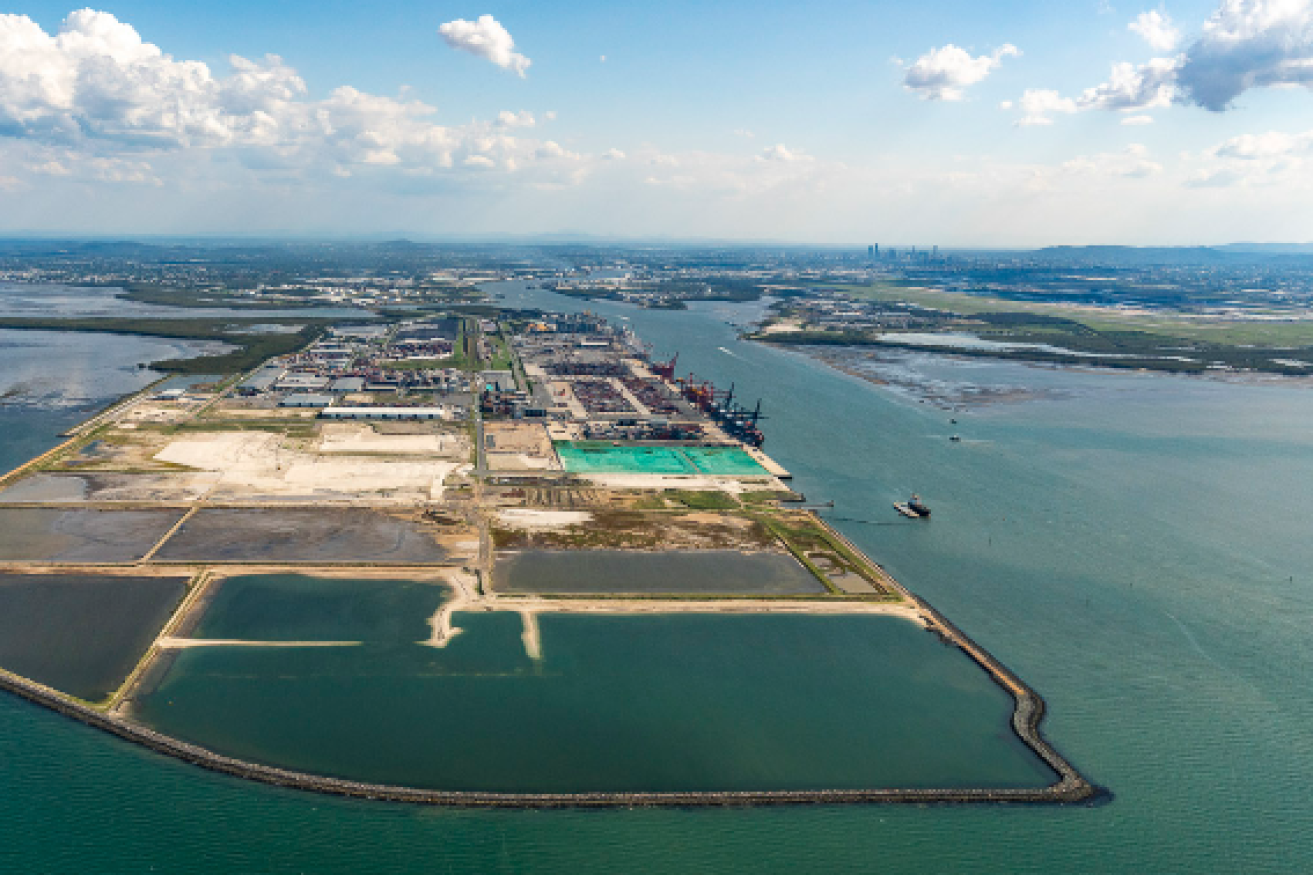On the buses: Port of Brisbane site judged a good fit for fuel of the future
Perth-based company Lion Energy has signed a deal that could mean hydrogen powered buses in Brisbane within a year.


The Port of Brisbane would be site of the Australia's first hydrogen fuel station
The company has signed a heads of agreement with the Port of Brisbane for a long-term lease of land where it intends to build and operate its first hydrogen generation and refuelling hub which would cater to heavy vehicles, including buses.
Lion said it believed it was the first of its scale in Australia.
Binding contracts on the deal were expected in April and commissioning was expected in the first quarter of 2024.
Lion has plans for a wider network of hydrogen hubs and said the decision on the Port of Brisbane was a major step in its strategy.
Lion said it had done extensive due diligence on the site, including its proximity to markets and believed the site could be a critical part of a broader hub and spoke depot supply system.
Executive chair Tom Soulsby said the Port of Brisbane was highly strategic because it was close to the majority of Brisbane’s more than 70 bus depots.
“Our site will initially produce and dispense some 420kg of green hydrogen production a day, but with the ability to quickly double production to respond to increasing demand” he said.
The site would include all the equipment to produce and dispense hydrogen as well the ability to load compressed hydrogen onto tube trailers for transportation to other sites or hubs.
It said a benefit to it was a commitment from the Queensland Government that every new urban bus added to the fleet in south east Queensland would be zero emissions by 2025 with a state-wide mandate by 2030.
There are no refuelling stations for bus operations in Australia. The estimated cost of the Port of Brisbane facility was about $12 million.
Lion said it was finalising the purchase of the equipment, including an electrolyser. It had also started development approvals and expected site construction to start in the third quarter.
“Our project will immediately benefit the community by allowing bus companies to operate clean hydrogen buses in the Brisbane metro area,” Soulsby said.
“Our installation will also allow many other businesses to confidently trial various types of hydrogen vehicles in the near future, such as cement agitators, garbage trucks and all other heavy vehicles for which battery technology is inadequate.”
Lion’s model is for smaller production hubs which would service “a few” dispensing stations and believed it had proven, low cost technology.
It has a goal of having 20 dispensing locations by 2026 and a price parity with diesel.
In a recent presentation, the company said it estimated there was a demand for at least 50 refuelling stations by 2030.












